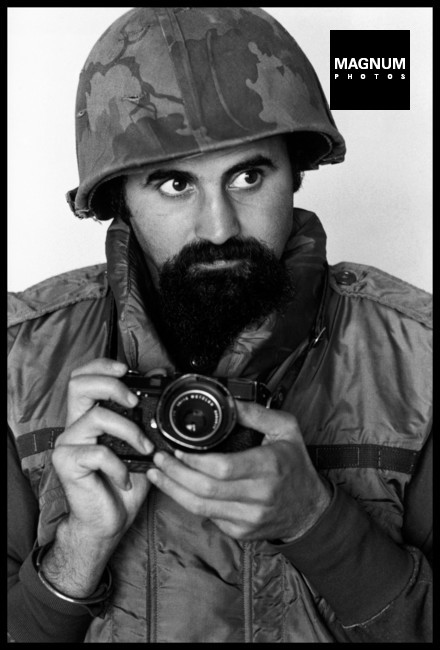
Abbas 1944 – 2018
We look back at the life of the great Iranian Magnum photographer who died earlier today in Paris
The Magnum photographer and Phaidon author Abbas Attar – known throughout his career as Abbas – died in Paris today aged 74.
Having made his name covering the revolution in his native Iran, the photographer went on to cover wars and unrest in many other parts of the world, including Biafra, Bangladesh, Northern Ireland, Vietnam, the Middle East, Chile, Cuba, and apartheid-era South Africa.
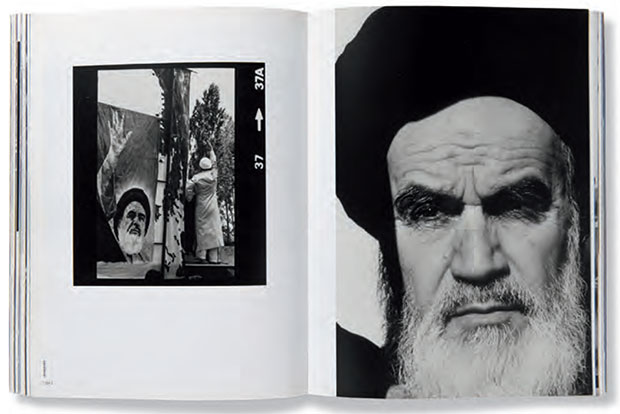
"He was a pillar of Magnum, a godfather for a generation of younger photojournalists,” said Magnum’s current president Thomas Dworzak. “An Iranian transplanted to Paris, he was a citizen of the world he relentlessly documented; its wars, its disasters, its revolutions and upheavals, and its beliefs - all his life. It is with immense sadness that we lose him. May the gods and angels of all the world’s major religions he photographed so passionately be there for him.”
Though Abbas made his name at Magnum – having begun his career working for rival agencies Sipa, then Gamma – the transition to the home of Robert Capa and Henri Cartier-Bresson was not easy.
In an interview for Phaidon conducted back in 2016, Abbas recalled having to present his work to the agency AGM in the early 1980s as a prospective member, shortly after he had covered the revolution in Iran.
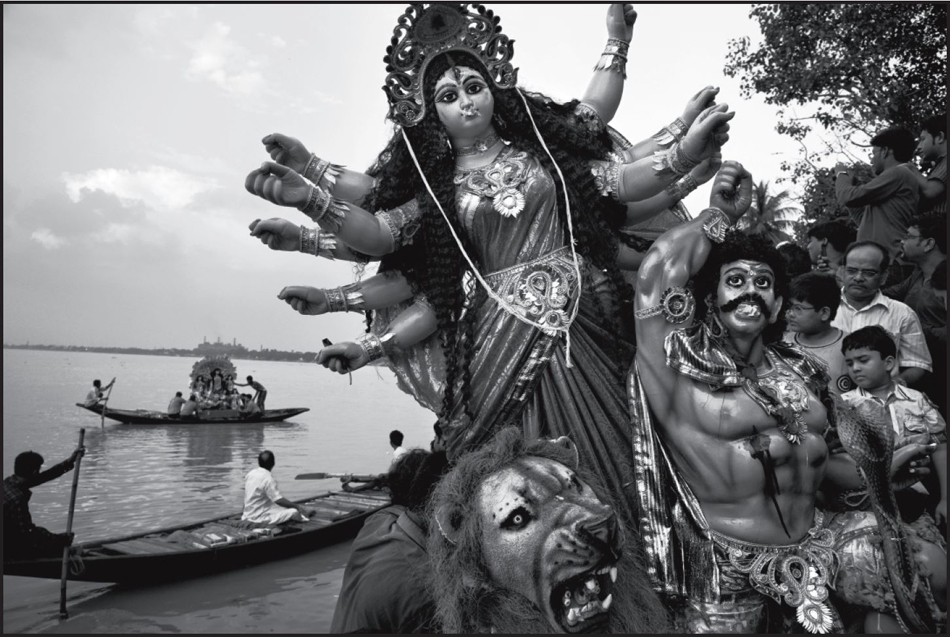
“It was hard,” he said. “I produced some of my best work covering the revolution, and they said “We know you can do news. So what?” But that’s a good thing – it’s an intellectual kick. That’s what you get from Magnum.
A year later the Magnum member Dennis Stock said, “You won’t always be able to run so fast. What are you going to do when other guys can run faster than you?” So I went to Mexico, where nothing was happening, and I travelled the country. I got two books out of that trip. It was like a journalist slowing down to write a novel.”
That switch to the novelistic mode of photography served him well when covering his other great subject: religion. His books on Islam, Christianity and Hinduism proved he was a masterful, subtle observer of life at its most serene, as well as its most fraught.
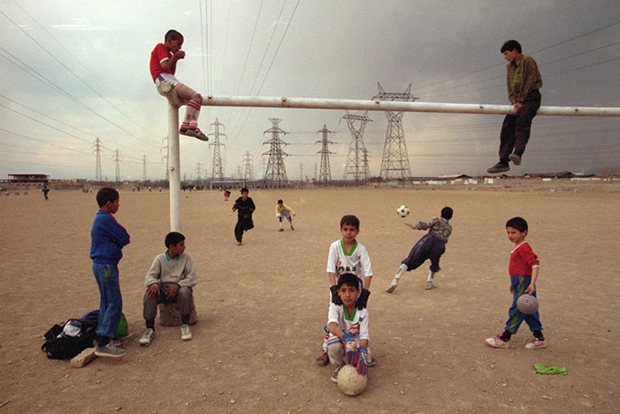
Phaidon was privileged to work with him on his final book, Gods I've Seen. Mandy Mackie, our production controller at the time remembers the experience well. "It was a great pleasure to work with him to realise the book he intended. When we were at the initial proofing stage, Abbas came to London to visit the repro house with me and work on the black and white images.
"He had brought a copy of one of his other books as a colour reference and, after I had shown much interest in it and mentioned that I had visited many of the countries portrayed in it, he gave the book to me and even indulged my request that he sign it, writing a nice message in Farsi.
"One of his photographs showed untidy threads from a tent rope and I asked him if he would like them to be touched out but no, there was to be no photshopping of his images. He said that they should be reproduced as he had shot them. I admired this integrity. We spent the entire day at the repro house and I really enjoyed the conversation over lunch. He was such good company and so easy to talk to.
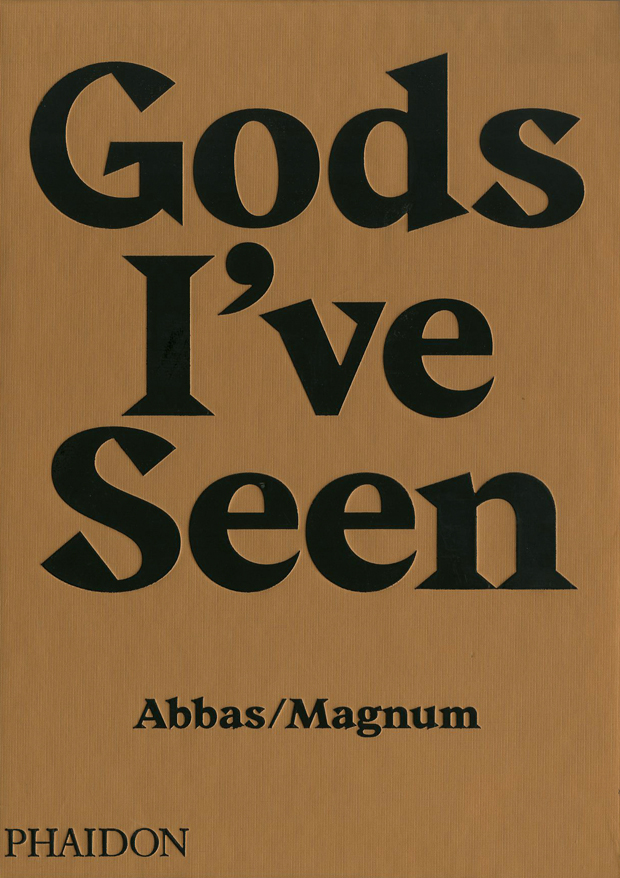
"When Abbas received advance copies of the finished book he contacted me to generously say it was ‘perfect’. This meant a lot to me. Gods I've Seen remains my favourite book I have ever produced; I am very proud of it and it was a joy to work on. I am so glad that I had the opportunity to work directly with Abbas, to reproduce his wonderful photographs as he envisioned and to spend some time with this fascinating gentleman."
To see more of Abbas's work, consider a copy of one of his last books, Gods I've Seen; and for more on his place among the world's finest documentary photographers, order a copy of Magnum Photobook: The Catalogue Raisonne.